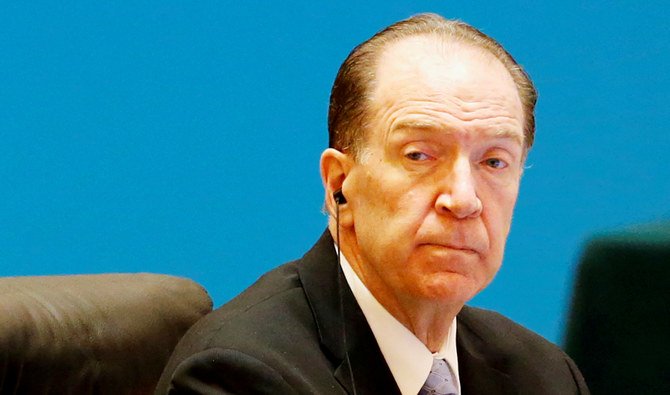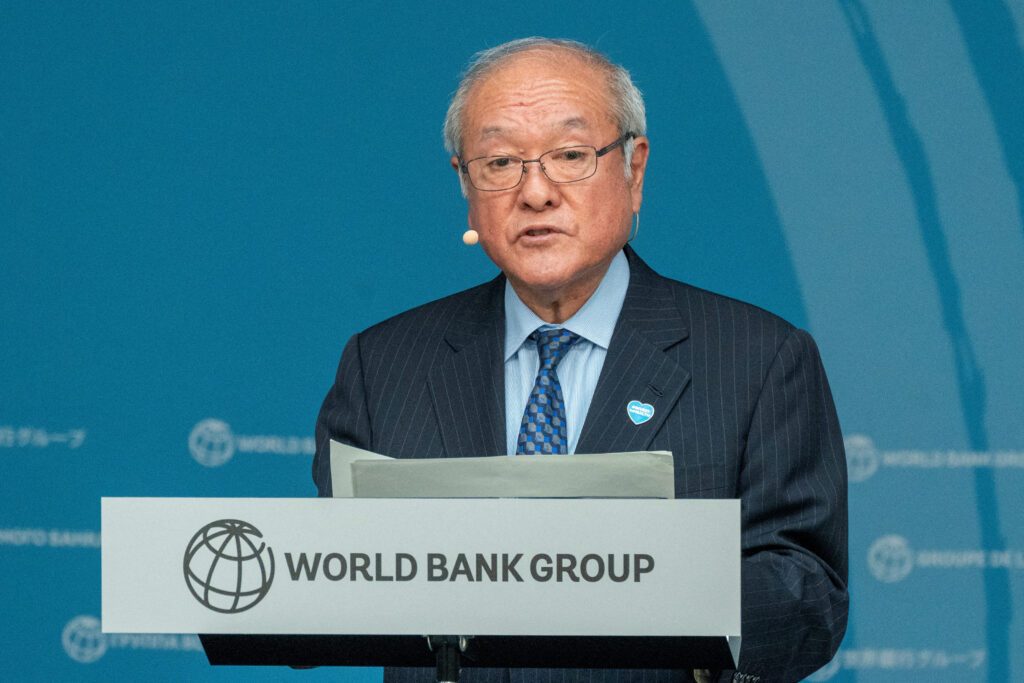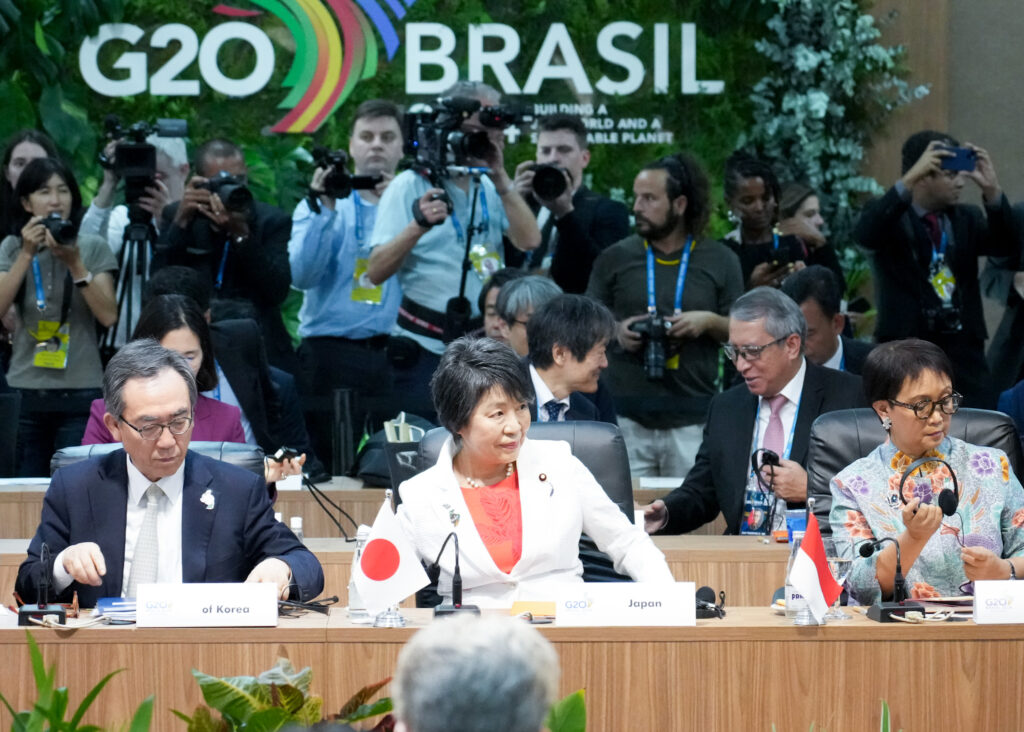WASHINGTON: Commercial creditors need to support debt relief for the poorest countries and cannot just “free ride” on a suspension in debt payments by official bilateral creditors, World Bank President David Malpass said on Friday.
Malpass told the World Bank’s Development Committee that the debt relief initiative agreed this week by the Group of 20 economies and the Paris Club was a “huge achievement” to help the poorest countries deal with the health and economic impact of the new coronavirus pandemic.
He said the bank will look at ways of further extending support for the poorest countries, but cautioned that it was critical to protect the financial capacity, credit rating and low cost of funding offered by the bank’s lending arms.
Malpass said that the coronavirus pandemic had unleashed a worldwide recession that would be deeper than the one seen during the global financial crisis of 2008-2009, and that would hit the poorest and most vulnerable countries the hardest.
More than 2.14 million people in more than 210 countries and territories have been reported to be infected by the novel coronavirus globally and 143,744 have died, according to a Reuters tally.
Malpass said that the World Bank was financing and implementing pandemic response programs in 64 developing countries, with the number to grow to 100 by the end of April.
The bank was able to provide $160 billion of financing over the next 15 months, with about
$50 billion earmarked for the poorest countries, or those eligible for International Development Association aid.
But more work and resources would be needed, he said.
“It’s clear that it won’t be enough. If we don’t move quickly to strengthen systems and resilience, the development gains of recent years can easily be lost,” Malpass told the committee, which was meeting by videoconference early on Friday.
Reuters






















